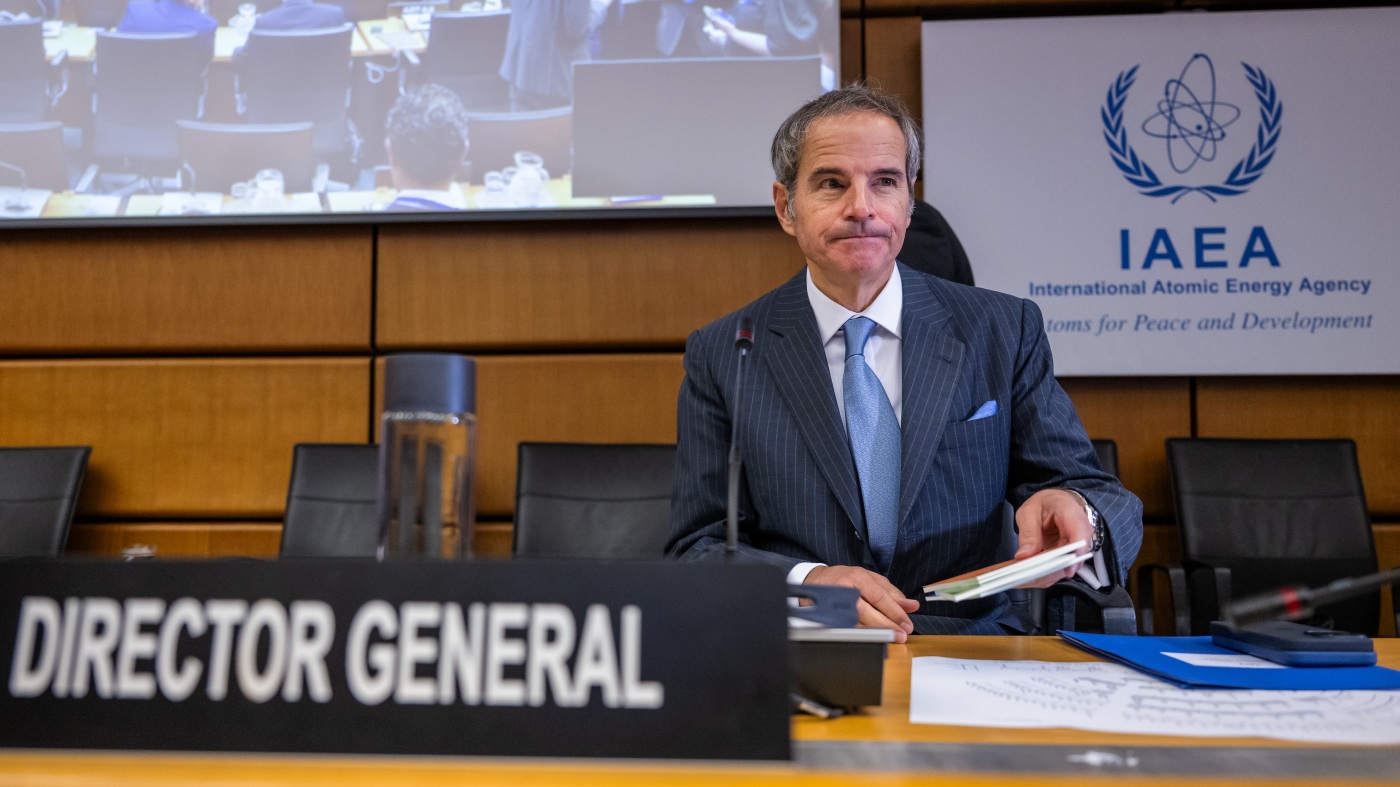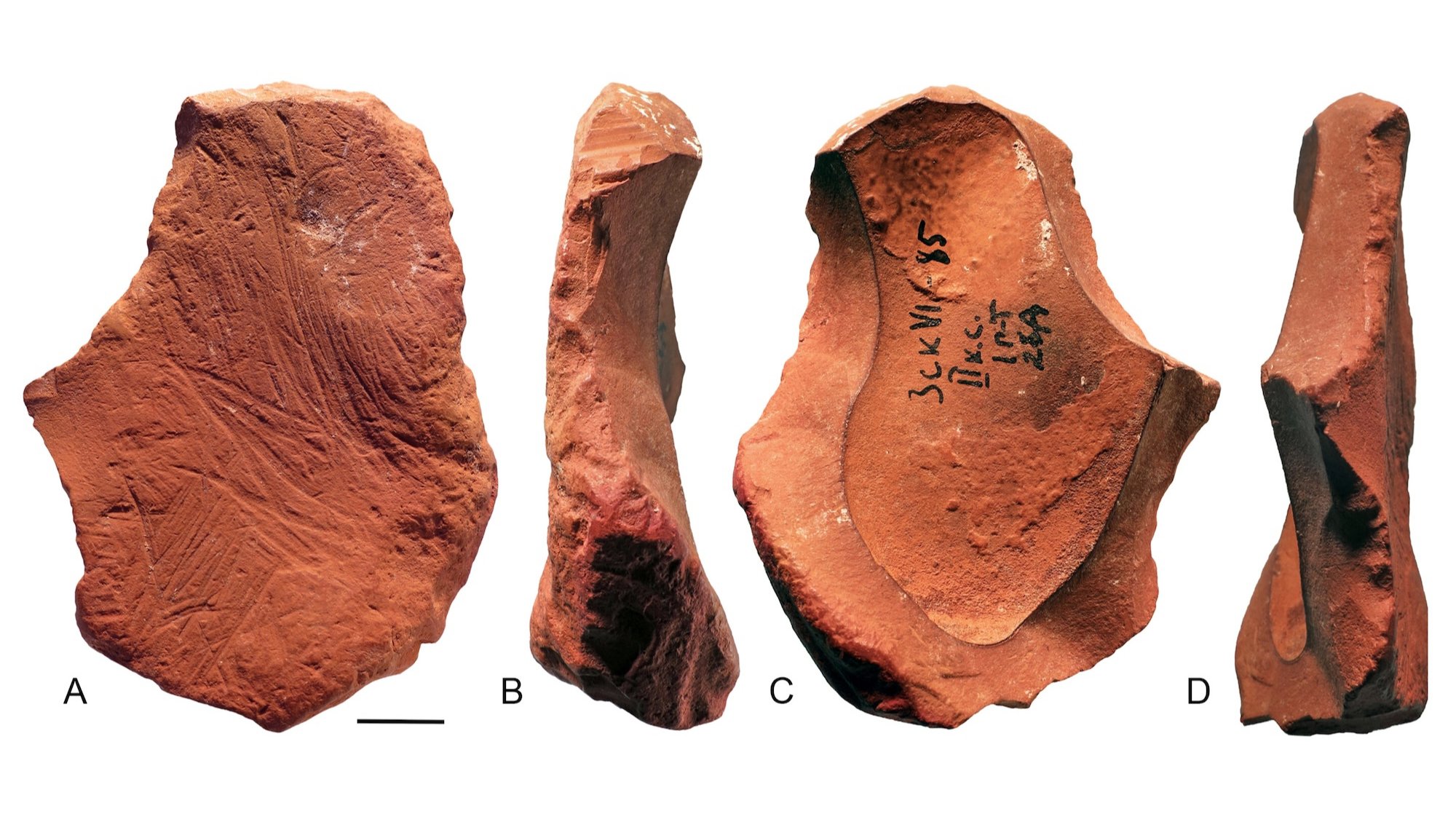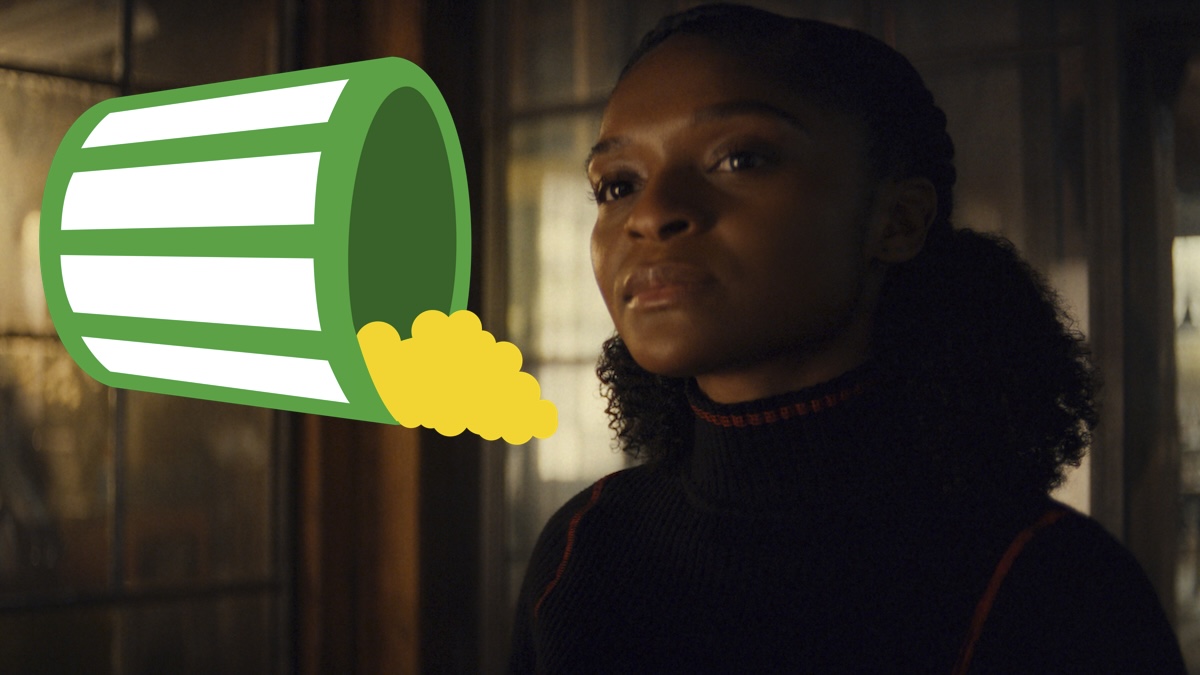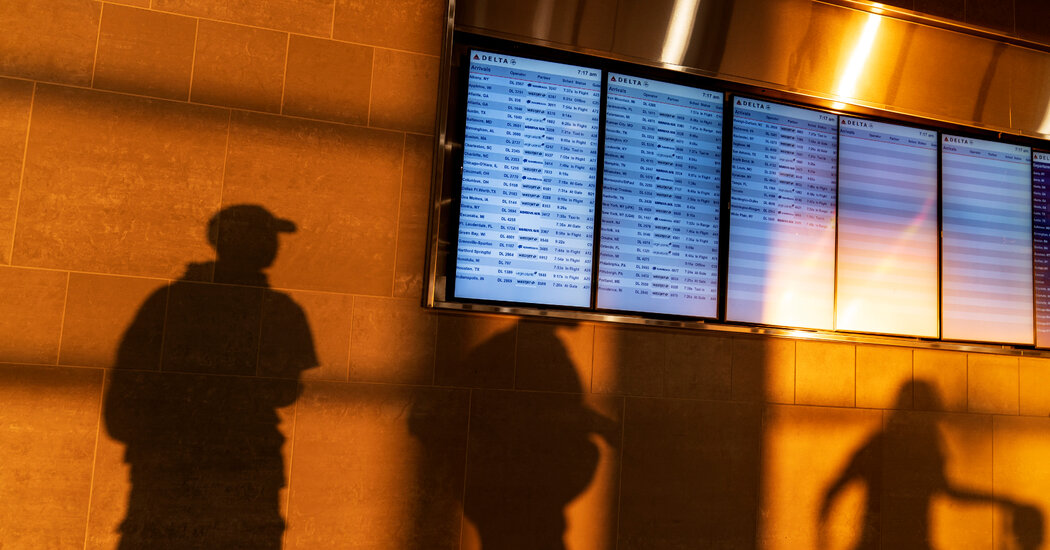U.N. Nuclear Chief Warns Iran Could Resume Uranium Enrichment Soon

The head of the United Nations’ nuclear watchdog has issued a stark warning that Iran could resume uranium enrichment within months, following recent U.S. military strikes on its facilities. Rafael Mariano Grossi, Director General of the International Atomic Energy Agency (IAEA), shared his concerns during an interview with CBS’s Face the Nation, emphasizing the potential for Iran to quickly restart its nuclear activities.
Grossi’s comments come in the wake of a U.S. military operation earlier in June, which targeted three of Iran’s nuclear facilities. Despite claims by President Trump that these strikes had “totally obliterated” the sites, Grossi suggested that the damage might not be as extensive as initially portrayed. He noted that Iran’s sophisticated nuclear infrastructure and knowledge base could enable it to recover swiftly.
Assessing the Damage and Iran’s Capabilities
While U.S. officials, including Defense Secretary Pete Hegseth, have described the operation as a “historically successful attack,” a preliminary report from the Defense Intelligence Agency (DIA) indicates that the damage may be limited. The report suggests that Iran’s nuclear program could be set back by only a few months, contradicting the administration’s more optimistic assessments.
Grossi highlighted the resilience of Iran’s nuclear ambitions, pointing out that the country possesses both the expertise and the industrial capacity to pursue its goals. “Iran had a very vast ambitious program, and part of it may still be there,” he stated, underscoring the challenge of fully dismantling such a sophisticated operation.
Potential for Rapid Recovery
According to Grossi, it is conceivable that Iran could have moved enriched uranium to undisclosed locations prior to the strikes. The IAEA has previously reported that Iran held a stockpile of over 400 kilograms of highly enriched uranium, raising concerns about the potential for rapid recovery of its nuclear capabilities.
“They can have, you know, in a matter of months, I would say, a few cascades of centrifuges spinning and producing enriched uranium, or less than that,” Grossi remarked.
International Reactions and Diplomatic Challenges
The international community is closely monitoring the situation, with many experts calling for renewed diplomatic efforts to address the nuclear issue. Grossi emphasized the importance of resuming discussions with Iran and ensuring that international inspectors can continue their work in the country. “We have to go back to the table and have a technically sound solution to this,” he urged.
Meanwhile, President Trump remains confident in the success of the U.S. operation, dismissing the possibility that Iran could have hidden its uranium stockpile. “First of all, it’s very hard to do. It’s very dangerous to do. It’s very heavy, very very heavy,” he commented during a recent interview.
Historical Context and Future Implications
The current tensions echo past confrontations over Iran’s nuclear program, which have often involved a delicate balance of military action and diplomatic negotiations. The 2015 Joint Comprehensive Plan of Action (JCPOA), from which the U.S. withdrew in 2018, was a significant milestone in curbing Iran’s nuclear activities, yet its collapse has led to increased uncertainty.
The potential for Iran to resume enrichment activities poses significant challenges for global nonproliferation efforts. As the international community grapples with the implications of the recent strikes, the need for a comprehensive and sustainable solution becomes ever more urgent.
Looking ahead, the focus will likely shift towards diplomatic avenues, with the IAEA playing a crucial role in facilitating dialogue and ensuring compliance with international agreements. The coming months will be critical in determining the trajectory of Iran’s nuclear program and its impact on regional and global security.





